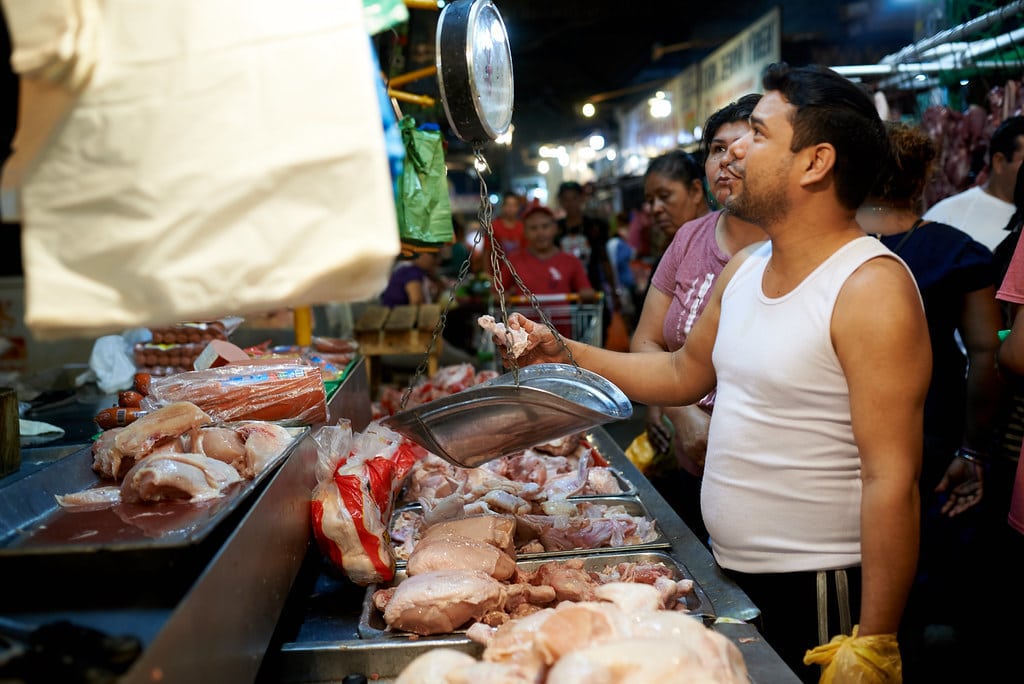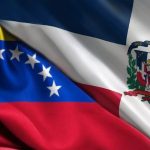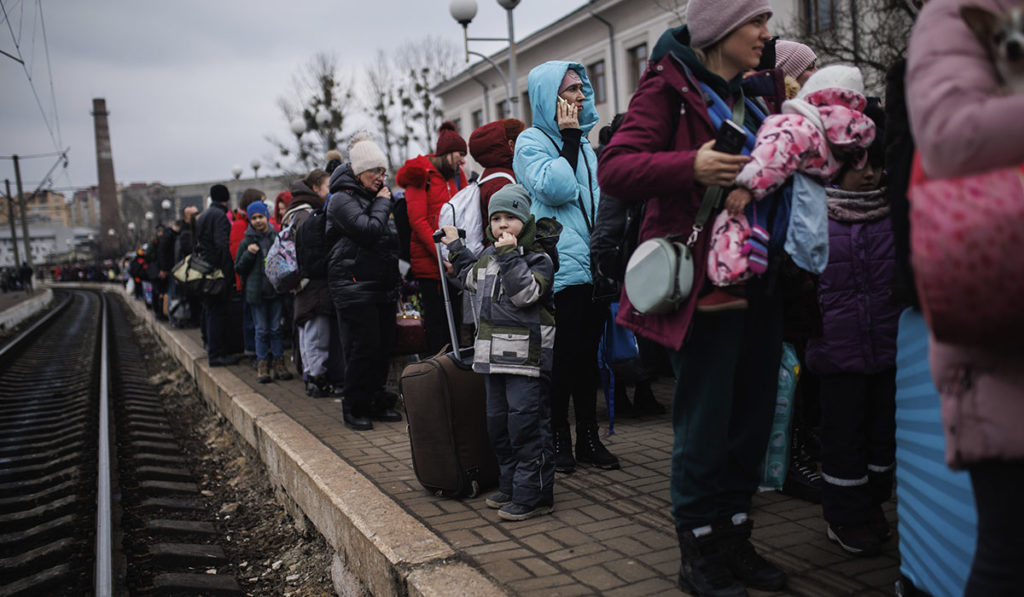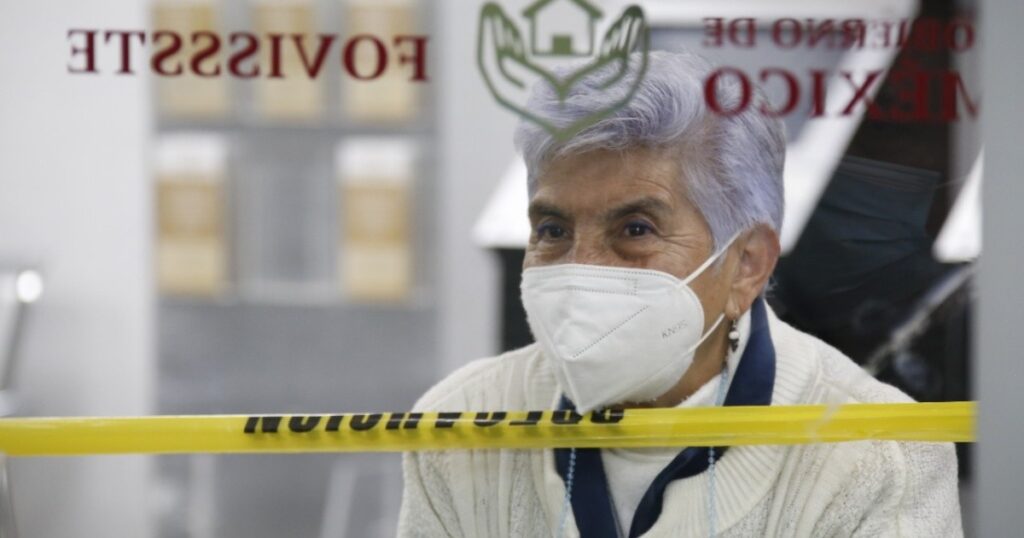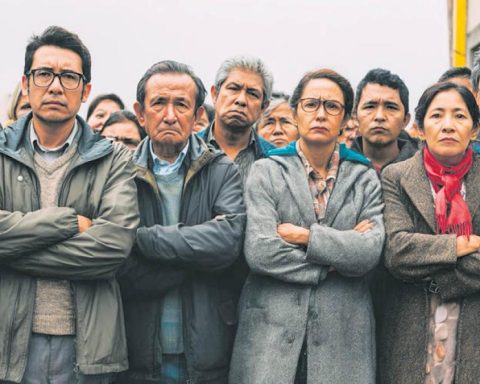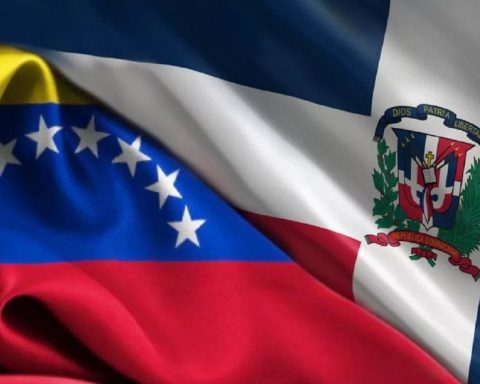The cost of the basic basket for the month of April exceeds by more than 6,600 cordobas, the highest of the ten minimum wages in force in Nicaragua, which is what is paid to workers in construction, financial establishments, and insurance. The gap rises to almost 12,500 córdobas, when compared to the lowest of all, which is assigned to the agricultural sector.
Although the gap between both indicators is a source of perennial discussion between workers and employers, the combination of a basic basket that rises in price faster than minimum wages are corrected, with an unstoppable rise in consumer prices, which reached 4.05% in April, they translate into constant anguish for the heads of families who must solve the day to day, yes or yes.
This feeling of economic suffocation hits hardest those who have the least. CONFIDENTIAL spoke with two housewives and an underemployed worker, who recounted the difficulties they must overcome to try to stop the deterioration of their standard of living, while observing how it is increasingly difficult to bring money home.
Although the three major components of the basic basket (‘food’, ‘products for household use’, and ‘clothing’) reported increases in the first four months of the year, the one that includes the ingredients necessary to serve three plates of food a day to the family, is the one that most worries housewives, especially when comparing how that line has risen so far in 2022.
At the end of December 2021, a family needed 11,096.45 cordobas to purchase a basket of 23 products (four basic foods, four types of meat, cereals, dairy products, eggs, and eight different perishables), but at the end of April they required 11,976.6 córdobas to buy the same quantity of the same, which implies an increase of 880.15 córdobas, that is, 7.9% more.
The economist Marco Aurelio Peña, a specialist in Economic Development, does not consider that the 4.05% accumulated inflation as of April reported by the Central Bank of Nicaragua (BCN), is “galloping”, but he does recognize that it “punishes the purchasing power of the Nicaraguans, because nominal wages do not register increases that are proportional to the increase in prices.”
Cooked eggs and beans to survive
Geovannia’s story coincides with what Peña declared. This housewife, mother of two adult daughters, is an engineering graduate, but since she couldn’t find a job in her profession, at some point she started doing handicrafts, and since she was doing reasonably well to supplement her husband’s income, she didn’t go back to work. look for work in your area.
On his last visit to the corner grocery store last week, he found that a pound of beans, which cost 20 cordobas, had risen to 24; that the best rice had already reached 20 córdobas, while the lowest quality was 15; that for a liter of barrel oil they asked for 80 córdobas, and that the cheese already offered a respite: 75 córdobas a pound, instead of the 80 to 90 at which it came to be quoted.
Although this is not his case, he says that he sees how some of his neighbors buy ten córdobas worth of cooked beans and two eggs to survive another day.
“My youngest daughter – who works in a private company – receives a provision at work, and we share it with another daughter, my mother-in-law, and a neighbor who is in need,” she says.
Things are not at all different if you decide to buy in a supermarket, thinking that you will be able to generate some savings, because “before, a tour of the supermarket cost us 2,500 córdobas. Now, just by buying a few basic items, you easily reach 1,200 or 1,500 cordobas, so what we do is buy less than we need,” he explains.
His handicraft skills, which allowed him to generate additional income, is an activity that is in decline, because “since last year I receive fewer requests for my products”, because people sometimes prefer to buy Chinese products, which are cheaper. ; and also because they don’t have much to spend on decorations. “They prefer to have a simple party, because there isn’t as much money to spend on celebrations,” he explained.
The economist Peña points out that the increase in inflation is considered “a tax for the ordinary citizen”, who has to allocate an increasing percentage of his income, to buy the consumption basket… if a liter of milk rises from 30 to 40 cordobas, the VAT that will be paid to the Government, will have to be calculated against a much higher market price, and this increase in collection occurs to the detriment of the standard of living of citizens.”
Food, instead of perfumes and cosmetics
Elena is another mother of a family, like Geovannia, except that she has three small children (the two oldest, 9 and 5 years old, are already in school), and she does not have a partner with whom to share the weight of maintaining the home.
Going shopping at the grocery stores in your neighborhood is a source of constant anguish, especially when you realize that the only thing that has dropped in price is cheese, which you can now buy for 70 cordobas a pound, although that is notably more expensive than a pound of chicken breast, which costs 56 cordobas, while for a pound of beans they ask for 24 cordobas.
If the option is to buy eggs, you must decide whether to go to the market and spend 135 cordobas at once to buy a box of thirty units, or pay six cordobas per egg at the sales near your home. Given that a liter of oil is almost 90 córdobas, he is choosing to give his children cooked sweet plantain instead of fried sweet plantain; boiled beans, instead of fried beans, or look for other ways to prepare the chicken, although he admits that there are foods – like rice – that he cannot stop frying.
February had its own cause for concern, when it was time to visit the stores and stretches of the Iván Montenegro market, to buy their children’s uniforms and school supplies, as well as their shoes, finding that the pants they used to buy at 250 córdobas, now it cost 280. The same thing happened with shirts, t-shirts, backpacks, and notebooks, which a year before were 19 córdobas if they were bought by the dozen, but now they are 32 córdobas if you buy the same amount.
After she stopped selling perfumes and cosmetics –because “people don’t have money for that, because they have to prioritize food– Elena dedicated herself entirely to the sale of fruits and vegetables that she put in her house, where she sometimes sells 80 cordobas in one day, although there are other days that close with sales for 500 to 600 córdobas, although “the normal thing is that they are 300”.
Whatever the amount sold that day, from there he has to pay the tickets to take – and bring – the children to classes, for the day’s meal, and to pay the loan he received from a microfinance company.
The problem is when one of her children gets sick, like a month ago when her daughter had pneumonia, because “the medicines are expensive”, and although the hospital gave her some of the medicines that the doctor prescribed, “I had to buy some on my own to nebulize her and maintain her treatment, and now I give her vitamins to strengthen her. What I do is take better care of the children, so that none of them get sick, ”she says.
What Elena is experiencing is a warning of the possibility of worse times to come, because the increase in prices “is one of the main elements that could generate a recession… both in Nicaragua and in the world,” explains Nicaraguan Julio Sevilla, professor of Business from the University of Georgia.
When the pandemic began to ease, it was expected that inflation would slow down, but that did not happen because Russia’s aggression against Ukraine raised the prices of the global economy, starting with oil, whose price could rise again. Paying more for a barrel of oil slows down economic dynamism, because “the money that could stay in the country to move the economy will go out to pay exporters,” he recalled.
No protection, no overtime pay
According to the report ‘State of the Economy and Perspectives’ as of May 2022, published by the BCN, as of February, the Monthly Index of Economic Activity (IMAE), registered a year-on-year growth of 4.7%; At the end of the first quarter, the unemployment rate stood at 4.2%, while the number of affiliations to social security grew by 20,601.
Once again, the statistics published by the BCN –or any agency of the Government of Nicaragua– do not seem to be related to the reality experienced by the majority of Nicaraguans.
This is the case of Léster, a man who is not yet thirty years old, in the same way that he did not finish high school, and who has to work “whatever comes up”, if he wants to provide for his four children, even if it is the basics.
“I filed papers in several places: I looked for a position in the maintenance area of a free zone in Las Brisas, and also in construction projects, but none of them accepted me. The answer is that there is no budget, or that they are cutting staff, ”he relates.
A few months ago, he managed to get hired for several weeks in a project by the Managua Mayor’s Office –executed by a private contractor– to install drinking water pipes in neighborhoods of the capital, earning 300 córdobas per day worked, without a contract or social security. With check-in time, but not check-out time.
“If they let you work at night, they give you dinner at a cost, and when payday comes, they pay first those who are closest to them, because they have time to work together, but those of us who are hired occasional, we don’t get paid overtime, and we’re always the last to get paid. If they make you work Sunday, they don’t pay overtime either, or at most, a hundred córdobas more. If you complain, they tell you ‘if you like it, fine, and if you can’t leave,’” he denounced.
These contractors do not comply with work safety measures, because they do not provide reflective vests to work at night, “even when working next to heavy machinery.” Nor do they provide helmets, gloves, protective glasses, masks. “In most cases, you have to bring your own personal protective equipment, and an extra shirt to protect yourself from dust or the sun,” he reiterates.
In his case, the alternative is to go out with a cart to buy recyclable material to sell it to the scrapyards. “Before, I used to go out to sell ice cream, but now they ask for more requirements, and less and less is being sold. Sometimes, if you’re lucky, you can earn 500 a day, but if things go wrong, only 100 to 200, after sunbathing all day, walking miles and miles, and running the risk of being mugged, or thawing the product,” he listed.
The economist Peña recalls that in the surveys carried out in the country, citizens identified unemployment as the main problem, even above politics. In contrast, “the government says that there is no reason to worry about unemployment, because not even in times of crisis, nor during the recession from 2018 to 2020, did it reach 10%,” he points out ironically.
“That is not consistent with the perception of the Nicaraguans, about their own economic reality, although if they did this survey now, people would complain more about prices. The Government says that the GDP will grow between 4% and 5%, as if everything were fine, but what we see is that people continue to leave the country by the thousands”, added the expert.
Although he prefers to continue looking for work in his own country, Léster does not rule out emigrating to see if he finds in another country what his own no longer offers him: opportunities.
